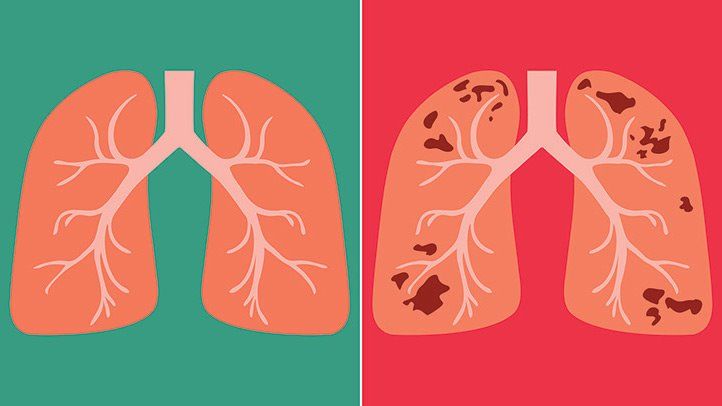People who have type 2 diabetes might be at greater risk for contracting tuberculosis (TB) than people who don’t have diabetes, according to recent research from the University of Texas School of Public Health Brownsville Regional Campus (UTSPH).
A press release from UTSPH outlines results from 3 new studies:
- Type 2 diabetes, especially Type 2 diabetes involving chronic highblood sugar, is associated with altered immune response to TB, and this was particularly marked in patients with chronically high blood sugar.
- Patients with diabetes and TB take longer to respond to anti-TB treatment.
- Patients with active tuberculosis and Type 2 diabetes are more likely to have multi-drug resistant TB.
There has been a known link between tuberculosis and diabetes for several years. In 1997, a study from Columbia University appeared in the American Journal of Public Health, which named diabetes as a risk factor for tuberculosis.
With the results of these new studies from UTSPH, Joseph B. McCormick, M.D., regional dean, is quoted as saying, “It opens a door to doing something about it,” said McCormick, the university’s James H. Steele Professor. “We can educate physicians and offer more TB screenings. We have an opportunity to make sure patients are diagnosed correctly and that there is no delay in diagnosis.”
What can you do, as a person with diabetes, to protect yourself from a disease like tuberculosis?
- Keep good control of your blood sugar levels. The risk of tuberculosis goes up whenhyperglycemiais uncontrolled.
- Because TB is an airborne disease it is difficult to protect yourself from it. If an infected person coughs, sneezes or otherwise expels respiratory secretions into the air, it places others at risk for inhaling the droplets and contracting the disease. Places that are over-crowded with little ventilation are more likely to contribute to the spread of TB.
There is a vaccine, called the BCG vaccine, that is used for TB prevention in developing countries, but it is usually given at birth. When used in adults, it doesn’t have a good success rate and can even interfere with the results of a TB test.
If you have diabetes and a chronic cough, ask to be tested for tuberculosis, especially if you have recently been to, or live in, an area where the rate of tuberculosis is high.
Symptoms of tuberculosis include:
- Cough
- Chest pain
- Coughing up blood or bloody sputum
- Nausea













